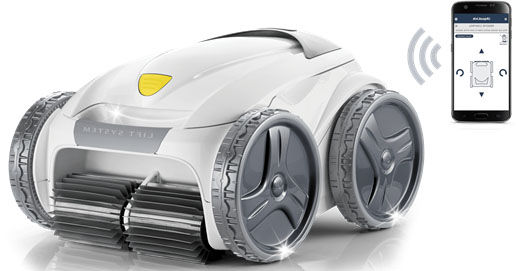How to get a good sample of pool water for testing.
- Rockingham Pool & Spa Solutions
- Feb 15, 2021
- 3 min read
Yes…. There’s a right and wrong way to test your pool water.
No…. It doesn’t matter what type of testing you’re doing. It all starts with a good pool water sample.
Sadly….. Most pool owners do not know how to properly take a good water sample for testing.
So Yes…. Good sample is a big deal. A sample is supposed to reflect your entire pool in terms of its water chemistry. If your sample is tainted or otherwise amiss, you can create big headaches and spend a bunch of money needlessly and let’s face it nobody wants that.
So let's make sure you're collecting water properly for your professional water testing.
The container should be well rinsed in the pool water, emptied this is to eliminate possible contamination.
The team at Rockingham Pool and Spa Solutions will need at least 250ml of pool water to do a Professional water test. Note: We do offer a free sample bottle to our customers.
If you don’t have one of ours please use a container that not only meets our volume requirements, but is free of contaminants. Note: Be sure to thoroughly rinse anything being repurposed and never use pickle jars, as the vinegar and salt will never be washed out, also never use an empty chemical bottle as that may taint your sample.
Where to take the test?
If possible, take the sample from the absolute middle of your pool about 30 - 45 cm down from the water level and not directly from the surface. There is more churn below the surface and less contaminants present that may affect your sample. Note: Collect water away from return jets and if your pool has different depths, take the water sample in the deep end as it will be less affected by the water temperature.
How do you do it? Hold it upside down so the opening is facing the pool floor. Insert the container into the water elbow-deep, and then turn it right side up to collect the sample.
When to take the test?
Timing is another overlooked aspect of water testing. Don't take a water sample if you've added chemicals to your pool in the last 12-48 hours, as there are many caveats to that large time discrepancy;
How many liters is your pool?
What chemicals did you add?
What were you trying to accomplish when you were adding chemicals?
So on, so forth. It is best to talk with one of our professional pool technicians and they will be able to tell you when to test your water based on your specific circumstances.
Don’t test your pool water if it is raining. This is possibly the biggest cause of pool water testing inaccuracy. Why, rain is very low in both pH and alkalinity, so when it's raining, the top layer of your pool water, the origin of your water sample, will not accurately reflect the pool as a whole until the rain water has mixed in completely with the rest of the water. So if it just rained, wait at least 8 hours before conducting a test or gathering a sample for testing.
What to do after you have taken a sample?
The fresher the test sample the better. Taking the sample in the morning and going to work with it, running errands, etc. is not ideal, the sample will become tainted.
If you're new to all of this, and coming in to get your water professionally tested make sure you have the basic information that the Team at Rockingham Pool and Spa Solutions will need to help you;
Pool size - liters
Type - concrete, fiberglass, liner
Sanitizer - salt system and type, automatic chlorinator, etc
What has been done to the pool in the last 48 hours.





Comments